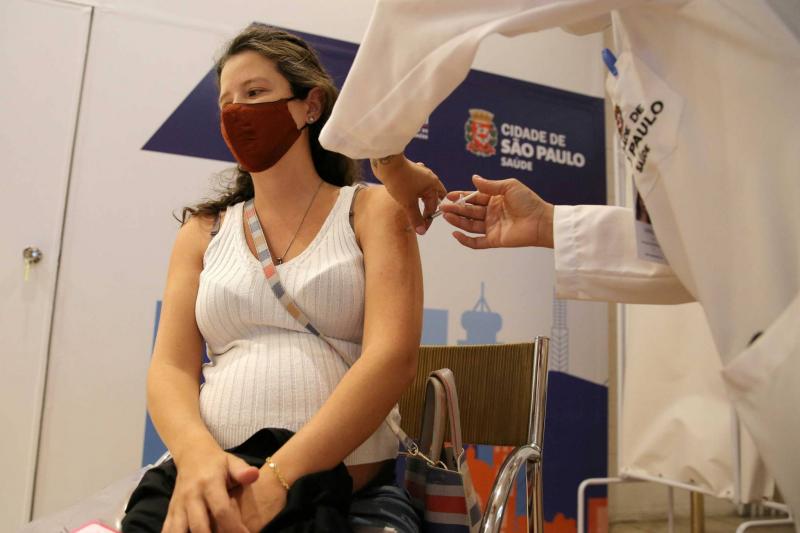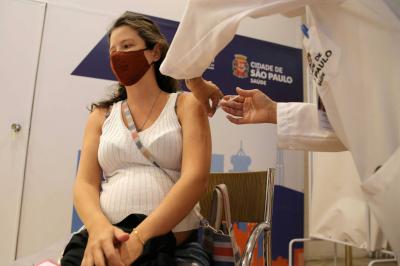British health authorities have urged pregnant women to receive the COVID-19 vaccine after a national study indicated that the Delta variant seemingly doubles their risk of severe symptoms. The Chief Midwifery Officer for England urged pregnant women to get vaccinated following new data showing an increase in severe cases among expectant mothers hospitalized with COVID-19 symptoms. Jacqueline Dunkley-Bent wrote to general practitioners and legal midwives, encouraging them to promote vaccination among pregnant women, stating she urges them to "protect themselves and their babies."
The Royal College of Obstetricians and Gynaecologists and the Royal College of Midwives issued similar recommendations for vaccinating pregnant women. Public health agencies in England recommend that pregnant women receive the Moderna and Pfizer vaccines, as they have been administered to over 130,000 pregnant women in the United States.
A study based on national data collected by the UK obstetric surveillance system, published online on July 25, found that the proportion of pregnant women hospitalized with moderate to severe symptoms "significantly increased" after the Delta variant became dominant in May. The research, conducted by Oxford University researchers, found that pregnant women admitted during the Delta wave were more likely to develop pneumonia, with one-third requiring respiratory support.
Study supervisor Marian Knight, a professor of maternal and child health at Oxford University, expressed concern that hospital admissions for pregnant women with COVID-19 are rising, and that these women appear to be more affected by the Delta variant. None of the 3,000 pregnant women hospitalized with COVID-19 symptoms since February were fully vaccinated, according to the study. The study did not include pregnant women with mild symptoms treated outside of hospitals.
The UK has recommended vaccination for pregnant women since April, but the response has been very slow compared to the general population, attributed to misinformation exacerbated by changing recommendations at the start of the vaccination campaign. The report stated, "The study results highlight the urgent need for a coordinated international approach to tackle this misinformation and encourage vaccination during pregnancy." A May study by the Royal College of Obstetricians and Gynaecologists found that 58% of pregnant women offered the vaccine declined, with most expressing fears of harming the baby or waiting for more information about the vaccine's safety.




